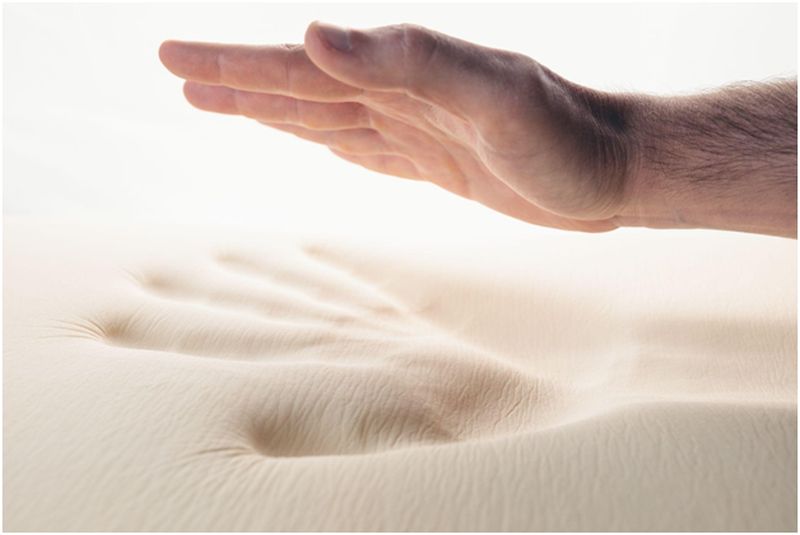A good night’s sleep directly impacts your mental and physical well-being. If you sleep for fewer hours or have disturbed sleep, your productivity, emotional balance, and weight will be adversely affected. Sleep deprivation can also result in stress, depression, and social anxiety. Therefore, you must aim for seven or more hours of quality sleep every day.
If you have been having trouble achieving your sleep goals, these six tips will help you sleep better;
1. Reduce Caffeine Consumption Late in the Evening
Approximately 90% of the US’s population consumes coffee for its numerous benefits, including enhanced sports performance, energy, and focus. Although coffee has innumerable benefits, it can inhibit relaxation by interfering with the central nervous system. It gets worse if consumed in the evening since caffeine can stay in the bloodstream for up to 8 hours. Therefore, drinking coffee 6-8 hours before bedtime can cause significant issues in sleep quality. For better sleep, you are advised to take decaffeinated coffee if you are craving this beverage in the evenings.
2. Limit Lengthy and Irregular Daytime Naps
Napping is a smart way of making up for lost sleep. Napping for 30 minutes during the day can significantly improve your brain function. However, irregular and lengthy naps can cause serious sleep issues, especially if you already have trouble falling asleep at night. Sleeping during the day can interfere with your internal body clock making sleeping at night a real struggle. Studies show that lengthy and irregular daytime naps ultimately interfere with your sleep quality, causing disrupted sleep at night.
3. Upgrade your Bed and Mattress
Experts agree that sleep surfaces impact the quality of sleep. Therefore, if you have trouble falling or staying asleep for long, you need to consider investing in a good mattress. Although different mattresses are comfortable for different people with varying conditions, a quality and comfortable foam mattress tends to be ideal for most situations.
Memory foam mattresses mold in response to your body’s pressure and heat, resulting in the even distribution of weight. This way, your body gets the cozy release that it has been waiting for all day long, resulting in improved relaxation. Also, unlike other mattresses, memory foam mattresses do not retain your body heat and moisture, making it highly uncomfortable to sleep.
4. Make your Bedroom’s Environment Sleep-Friendly

There are four primary elements that you must adjust to make your bedroom’s environment more sleep-friendly; light, temperature, noise, and aesthetics.
Noise and light are known to be leading causes of disturbed sleep. Research shows that sleep quality improves by 50% if noise and light are minimized. Therefore, if your bedroom is prone to external noise, insulation will go a long way in ensuring that you get a good night’s sleep.
Also, you can make your room more aesthetically appealing so that it relaxes you, helping you easily fall asleep. You can achieve a relaxing room environment by cleaning, removing clutter, and incorporating some house plants.
Lastly, adjust your room’s temperature, so it’s not too warm or too cold. Besides changing your room temperature, you can invest in a foam mattress infused with charcoal. Charcoal makes your mattress breathable, quickly seeping moisture off of your body. The breathing capabilities of charcoal also help propel heat away from your body, helping you stay comfortable all night long.
5. Tap into the Circadian Rhythm
Circadian rhythm is your body’s natural time clock. The clock affects your body, hormones, and brain by telling you when to stay awake and when to sleep. During the day, exposure to natural sunlight or bright light can help keep you energized. Research indicates that the ease of falling asleep in people exposed to bright light during the day increases by 83%.
On the other hand, you need to reduce your light exposure at night. Besides, light tricks your circadian rhythm to think that it is still daytime. Consequently, your body releases less melatonin, a hormone responsible for sleep. Thus, you need to limit your exposure to blue light during the day.
6. Reduce your Alcohol Intake
Alcohol can adversely impact your sleep. The consumption of alcohol magnifies the symptoms of poor sleep, including snoring, sleep apnea, disrupted sleep, etc. Alcohol can also alter melatonin production, making it hard to fall or stay asleep. Also, it inhibits the natural elevation of the human growth hormone, which happens in the nighttime. Consequently, it interferes with the circadian rhythm, which, as discussed earlier, contributes to declining sleep quality.
Wrapping Up
Nearly everyone encounters one or two sleepless nights. However, if you often have trouble falling and staying asleep, you need to make some adjustments in your life. You can follow the tips that we’ve discussed. Most cost zero to very little. But if the main problem is your mattress, you can find a foam mattress payable in installments. That way, you can get the most suitable mattress for yourself without straining your pocket.
Article Submitted By Community Writer




